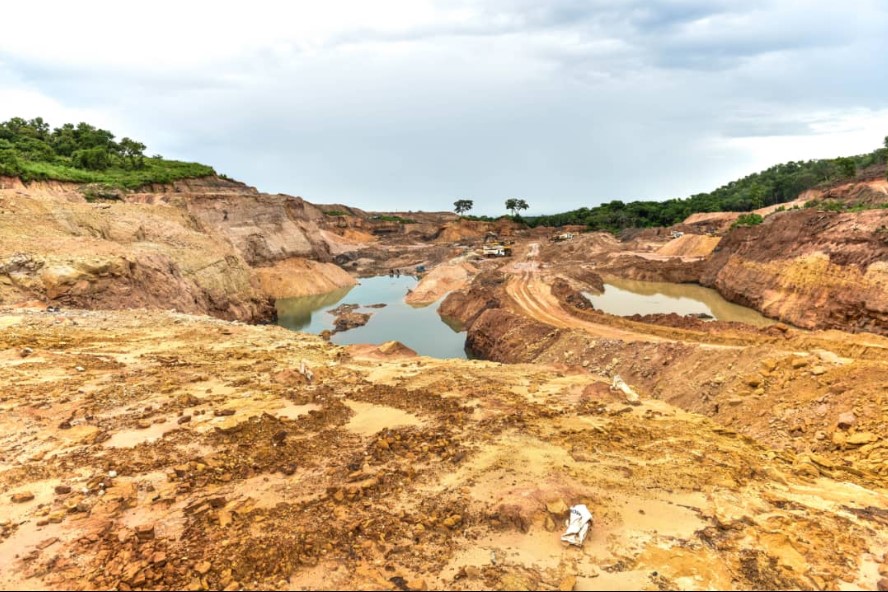Governor Abdulrahman Abdulrazaq of Kwara State yesterday urged the country’s professional economic geologists to help address the troubling rise in illegal mining and its related security issues. He made this appeal at the 3rd International Conference of the Nigerian Society of Economic Geologists (NSEG), held in Al-Hikmah University’s auditorium in Ilorin, the state capital.
Represented by the State Commissioner for Solid Minerals Development, Dr. Afees Abolore, the governor described the current mining sector situation as a national emergency.
AbdulRazaq charged the economic geologists to focus on the critical issues of illegal mining and security at the conference, emphasizing that “solid minerals are central to national economic reforms.” He also noted, “The theme of your conference, ‘Today and Future Trajectories of the Minerals Industry in Nigeria: From Exploration to Exploitation and Local Value Addition,’ especially the focus on local value additions, is very timely.”
Expressing his vision, AbdulRazaq shared that the government foresees a Nigeria where the solid minerals subsector significantly boosts the GDP through employment and wealth creation, though this task is currently under threat from illegal mining and security challenges. He emphasized that Kwara State fully supports the President’s Renewed Hope Agenda, particularly in the solid minerals sector, where the state is preparing to manage five Special Purpose Vehicles, as outlined in the Nigerian Minerals and Mining Act of 2007.
“We welcome partnerships with local and international investors in this and other economic areas. Kwara offers an ideal, business-friendly environment, and I encourage you to collaborate with us,” he said.

Earlier, NSEG President Dr. AbdulRazaq Garba highlighted Nigeria’s critical juncture in mineral resources development and environmental sustainability. While he acknowledged the mineral industry’s significant potential, he also pointed to challenges such as regulatory complexities, infrastructural limitations, funding gaps, and the need to integrate modern technology with traditional practices.
“Despite these obstacles, our industry has achieved progress by strengthening policies, creating public-private partnerships, and adopting advanced technologies,” Garba said.

